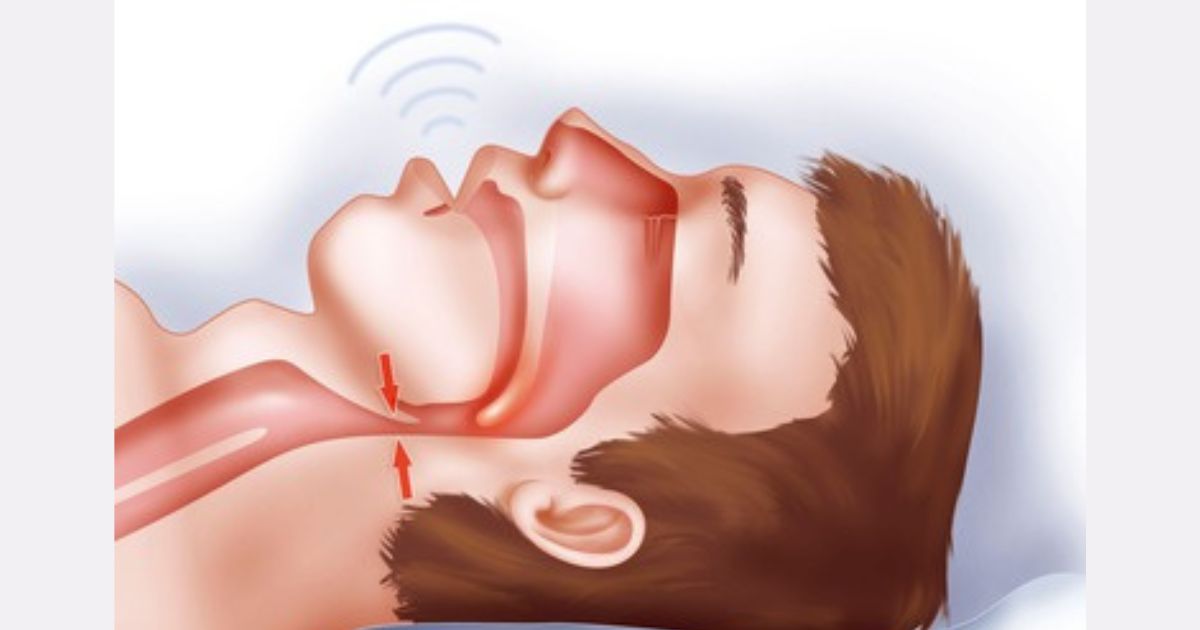In recent years, the intersection between holistic practices like yoga and conventional medicine has garnered significant attention, particularly in the realm of managing autoimmune disorders.
A burgeoning body of research suggests that incorporating yoga into treatment plans can offer tangible benefits for individuals grappling with autoimmune conditions. From rheumatoid arthritis to lupus, yoga’s gentle yet powerful techniques hold promise in alleviating symptoms and improving overall quality of life.
Yoga, with its emphasis on mindful movement, breathwork, and relaxation, provides a multifaceted approach to managing autoimmune disorders. The practice not only addresses physical symptoms but also targets the underlying stress and inflammation that often exacerbate these conditions.
Yoga Practices To Deal With Autoimmune Disorders
Several key yoga practices have emerged as particularly beneficial for individuals with autoimmune disorders:
- Gentle Asana Practice: Gentle yoga poses tailored to individual needs can help improve joint mobility, reduce stiffness, and alleviate pain associated with conditions like rheumatoid arthritis and fibromyalgia. Poses such as child’s pose, cat-cow stretch, and gentle twists can promote flexibility and range of motion without placing undue strain on the body.
- Pranayama (Breathwork): Controlled breathing techniques, known as pranayama, play a pivotal role in regulating the body’s stress response and promoting relaxation. Deep breathing exercises, such as diaphragmatic breathing and alternate nostril breathing, help calm the nervous system, reduce inflammation, and enhance overall well-being.
- Meditation and Mindfulness: Mindfulness meditation practices cultivate present-moment awareness and acceptance, enabling individuals to navigate the challenges of living with autoimmune disorders with greater resilience and equanimity. Meditation techniques, such as body scan meditation and loving-kindness meditation, can mitigate the psychological distress often associated with chronic illness and foster a sense of inner peace.
- Yoga Nidra (Yogic Sleep): Yoga Nidra, or yogic sleep, is a guided relaxation practice that induces a state of deep relaxation akin to sleep while maintaining full awareness. This deeply restorative practice promotes rest and rejuvenation, boosts immune function, and reduces inflammatory markers, offering profound benefits for individuals with autoimmune disorders.
Experts in integrative medicine and yoga therapy underscore the importance of personalized practice tailored to each individual’s unique needs and limitations. They emphasize the role of yoga as a complementary therapy, working in tandem with conventional medical treatments to optimize health outcomes.
While yoga alone may not cure autoimmune disorders, its holistic approach can significantly enhance symptom management and improve overall quality of life. As more individuals and healthcare providers recognize the therapeutic potential of yoga in autoimmune care, the integration of these mindful practices into comprehensive treatment plans is poised to become increasingly commonplace.
In conclusion, yoga offers a beacon of hope for individuals navigating the complexities of autoimmune disorders, empowering them to cultivate resilience, reclaim agency over their health, and thrive amidst adversity.








Leave a Reply
You must be logged in to post a comment.